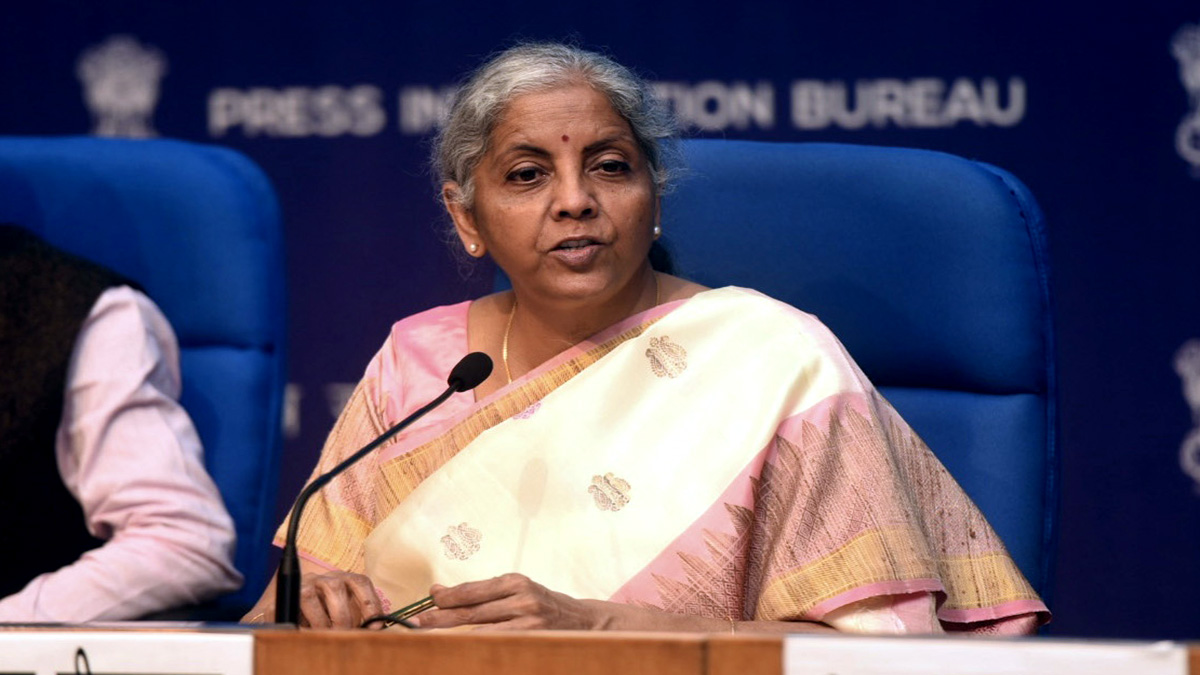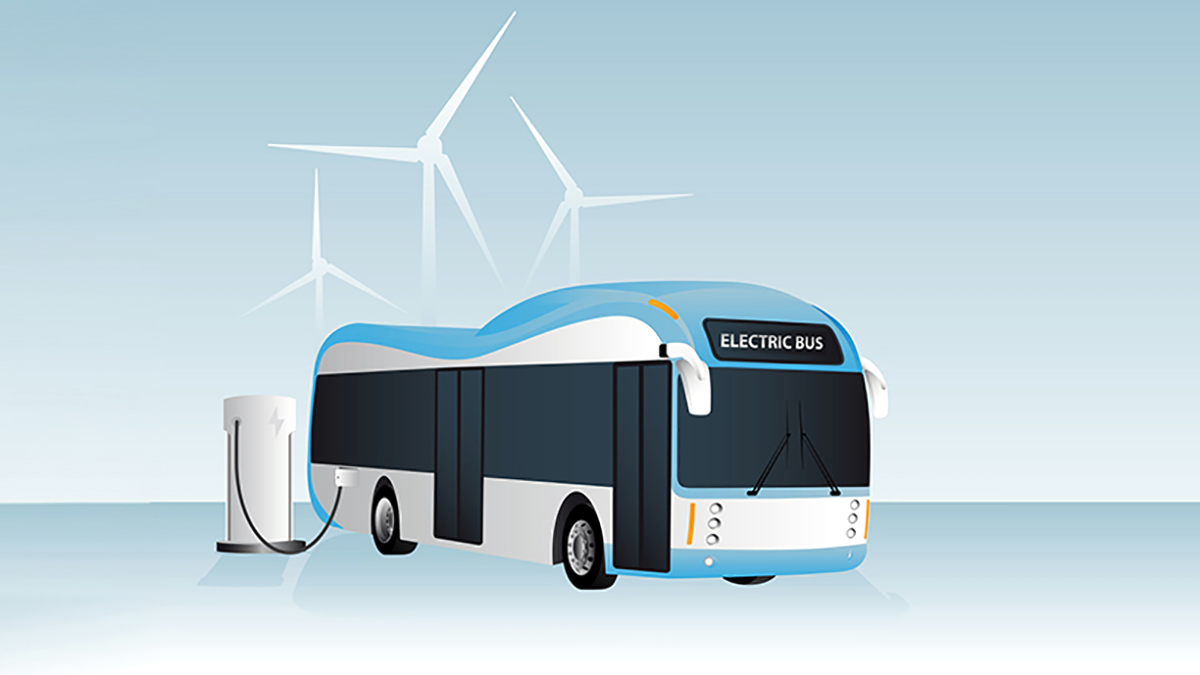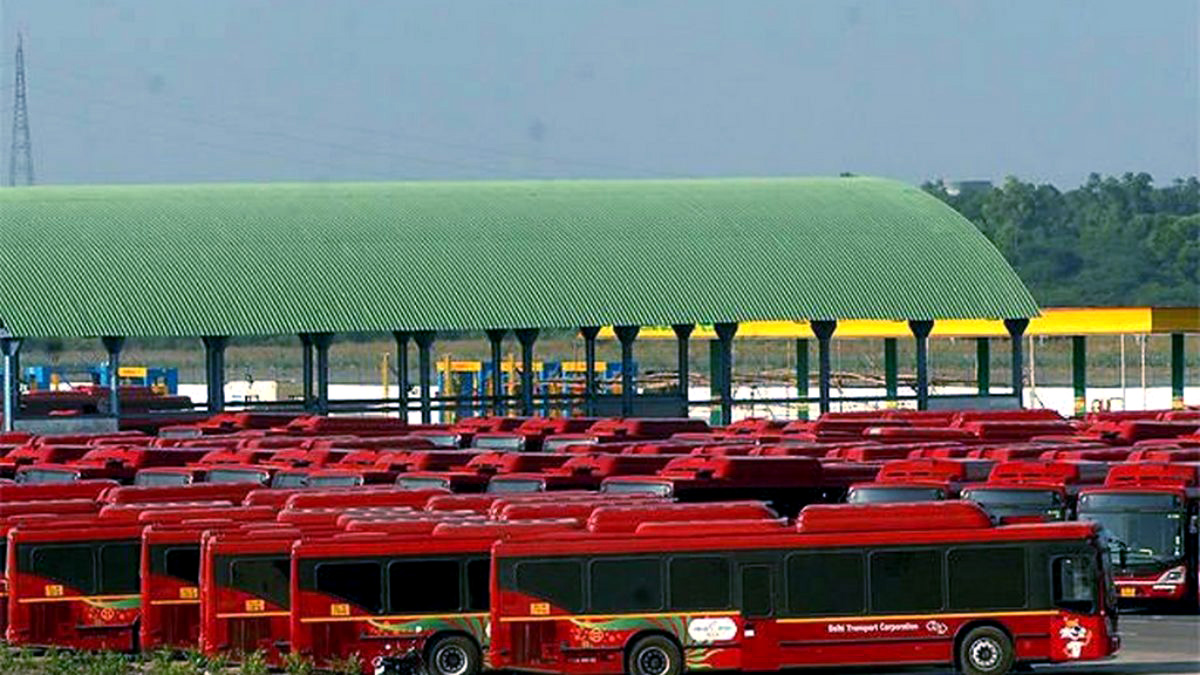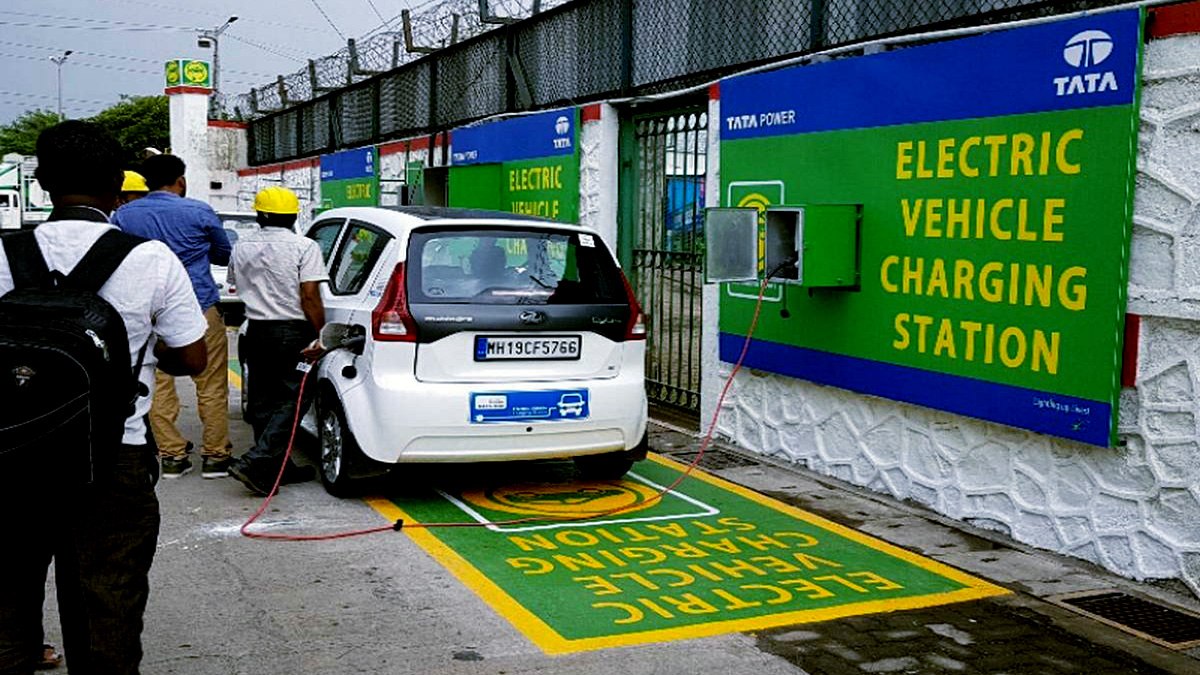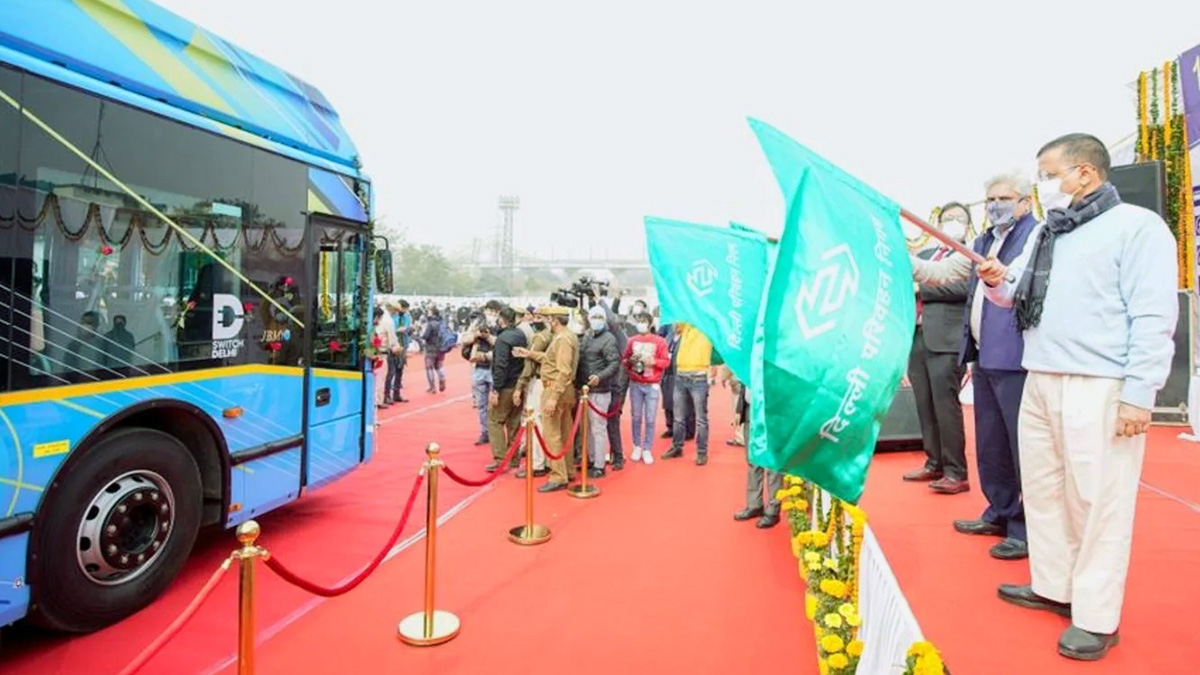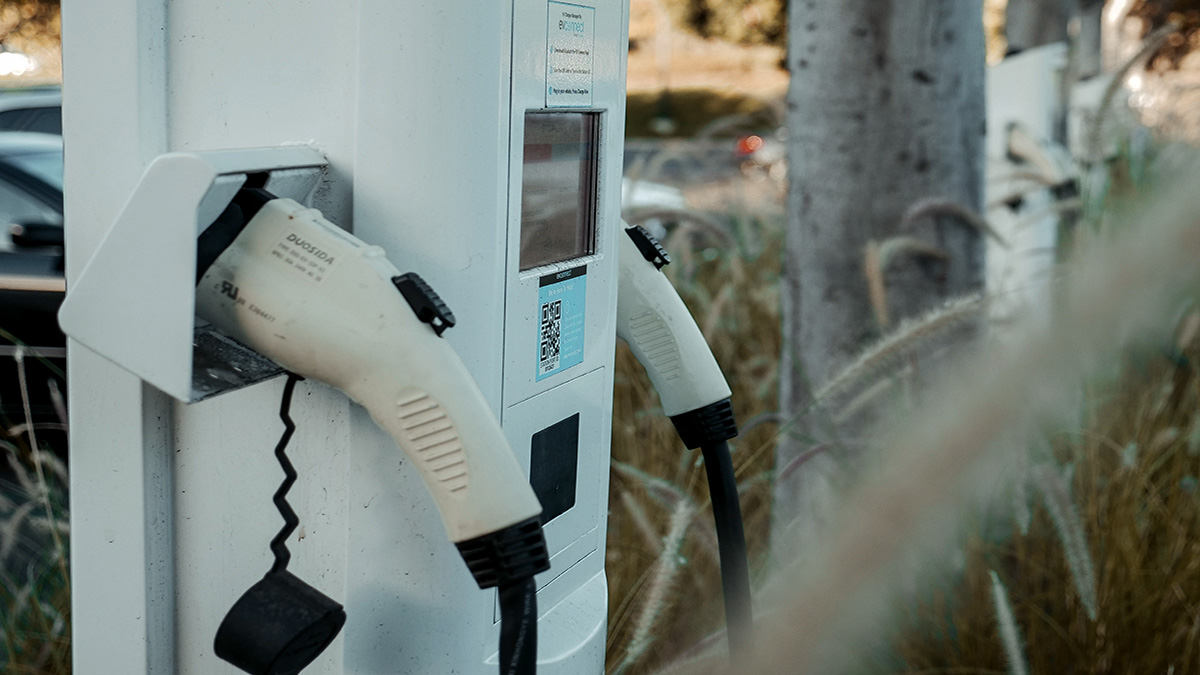Finance Minister Nirmala Sitharaman on Tuesday announced that the government will bring a battery swapping policy to boost the use of electric vehicles in the country in view of space constraints for setting up charging stations.
“Considering the constraint space in urban areas for setting up (electric vehicles) charging stations, a battery swapping policy will be brought out and interoperability standards will be formulated,” Sitharaman said in her Budget speech in the Lok Sabha.
She stated that the private sector will be encouraged to set up sustainable business models for battery or energy service and this will improve efficiency in EV (electric vehicle) ecosystem.
“We will promote a shift to use public transport in urban areas. This will be complemented by clean tech and governance solutions, special mobility zones with zero fossil fuel policy and EV vehicles,” she stated.
PB Balaji, Group CFO, Tata Motors, said, “Plan to create EV charging infrastructure including national policy for battery swapping which when combined with the already announced Automotive PLI scheme, furthers the agenda for green mobility.”
The policy will facilitate faster rollout of battery swapping centres where EV owners would be able to refuel their EV by replacing exhausted batteries with charged ones.
Jeetender Sharma, MD and Founder, Okinawa Autotech, said, “Introduction of the battery swapping policy to improve the country’s EV infrastructure is a positive and progressive step that could potentially address the range anxiety issue, which is one of the impediments to a mass-market transition from internal combustion engine-based vehicles to electric vehicles. This policy will be critical in enabling a well-established EV infrastructure across the country while instilling customer confidence in riding EVs on Indian roads. More importantly, this will boost EV adoption in the last-mile delivery space, where time constraints make instant battery swapping more viable than charging the existing battery.”
This will also save time taken in charging the embedded batteries in EVs. At present, a few such options are available in the country and EV owners have to spend hours for charging their vehicles at charging stations especially in cities.
Moreover, there is space constrain for setting up new charging stations in urban areas also.
Deepan Garg, Director, Ruchira Green Earth, said, “The policy will help drive the wide-scale adoption of EV batteries while it will also reduce the upfront ownership cost of EVs. Government’s intention to develop special mobility zones for electric vehicles is another encouraging move for the industry. Moreover, the creation of Zero emission zones in the cities will further help drive demand for electric vehicles and EV batteries.”


